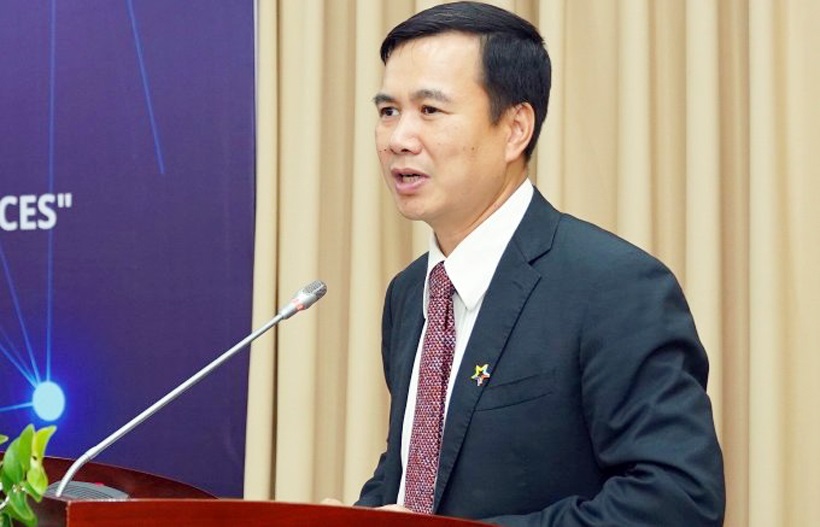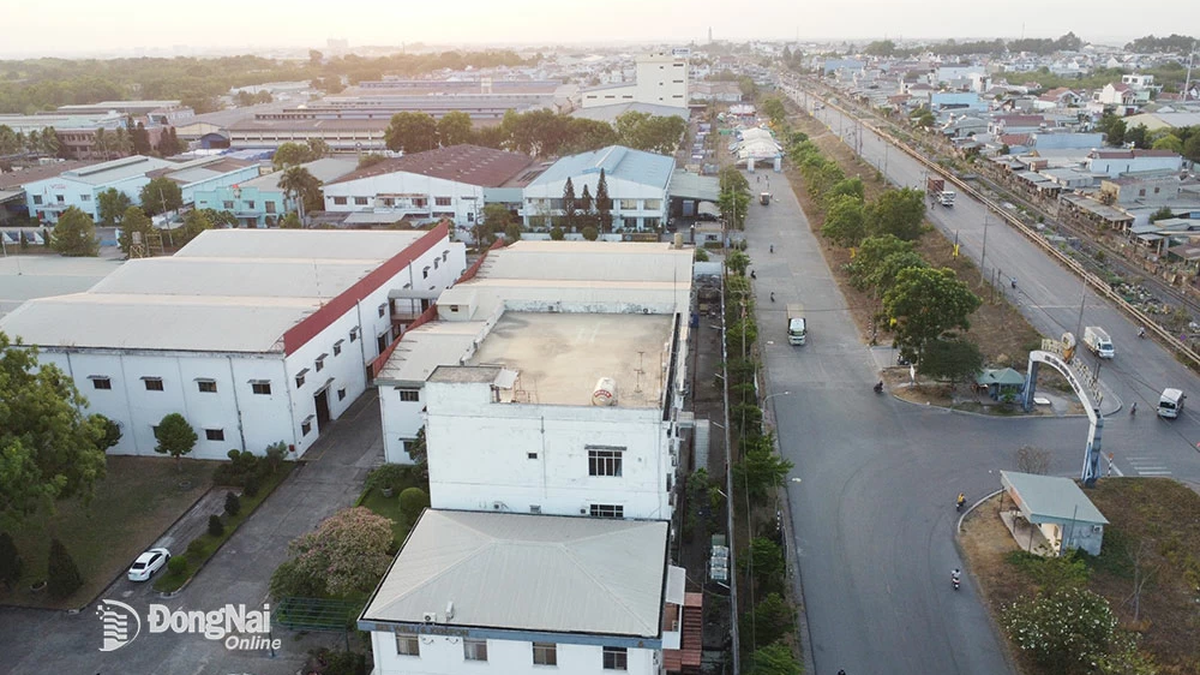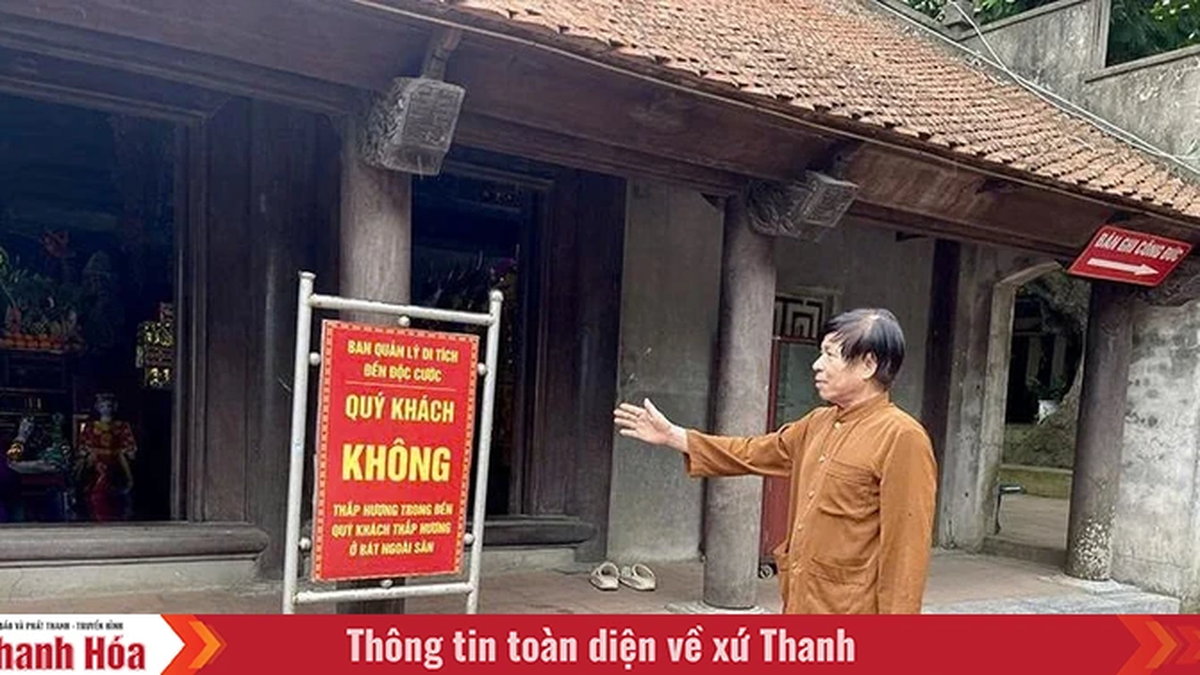Deputy Minister Bui The Duy delivered the opening speech at the seminar.
The information was shared by Deputy Minister Bui The Duy at the seminar "The Road to Decarbonization: From Energy Efficiency to Alternative Energy Sources" held on the afternoon of June 30 in Hanoi . The event was attended by managers, experts, and Vietnamese and Australian businesses sharing experiences and transferring technology to reduce carbon emissions and seek renewable energy sources, aiming for Vietnam to have net zero emissions by 2050.
According to Deputy Minister Duy, the Net zero commitment creates conditions but also puts pressure on technological innovation and energy transition for businesses. Sharing this goal, the science and technology sector, research institutes and universities need to join hands to research, deploy and connect technologies to support businesses.
Vietnam and Australia have achieved many results in cooperation in science, technology and innovation through the Aus4Innovation program. He cited a typical example when the University of Technology Sydney (UTS) made an important contribution in supporting the transfer of the Commercialization model of research results to universities in Vietnam. Thanks to this model, students from Hanoi National University and Ho Chi Minh City National University quickly manufactured ventilators during the Covid-19 pandemic. In the coming time, Deputy Minister Duy hopes that the two sides will cooperate in research and share experiences in using energy economically and efficiently.
Mr. Andrew Goledzinowski, Australian Ambassador to Vietnam, also expects effective cooperation and technology transfer between the two countries in the process of achieving emission balance by 2050. The evidence was clearly demonstrated when 3 weeks ago, Australian Prime Minister Anthony Albanese announced a support package of 105 million AUD for sustainable infrastructure planning, clean energy development and Vietnam's mining industry.
Dr. Vu Quang Hung, Deputy Director of the Institute for Strategy and Policy Research on Industry and Trade (Ministry of Industry and Trade), said that Vietnam has deployed a number of electricity projects to switch to gas-fired power, however, domestic natural gas resources are forecast to peak in 2026 and then decline, leading to difficulties in the supply of gas-fired thermal power.
He said that it is necessary to import liquefied natural gas from abroad, but it is not convenient because the demand for this type of gas in the world tends to increase. In addition, wind and solar power depend on the weather, which will cause difficulties for the operation of the system, even smart power systems in developing countries.
Faced with this reality, Mr. Hung said that policies on science and technology, human resource training, and primary energy supply need to be directed towards enhancing self-reliance and diversification. In addition, innovating the mechanism for synchronous energy development and restructuring energy consuming sectors and areas is also very necessary.
According to vnexpress.net
Source link





















































![[Maritime News] More than 80% of global container shipping capacity is in the hands of MSC and major shipping alliances](https://vphoto.vietnam.vn/thumb/402x226/vietnam/resource/IMAGE/2025/7/16/6b4d586c984b4cbf8c5680352b9eaeb0)













































Comment (0)